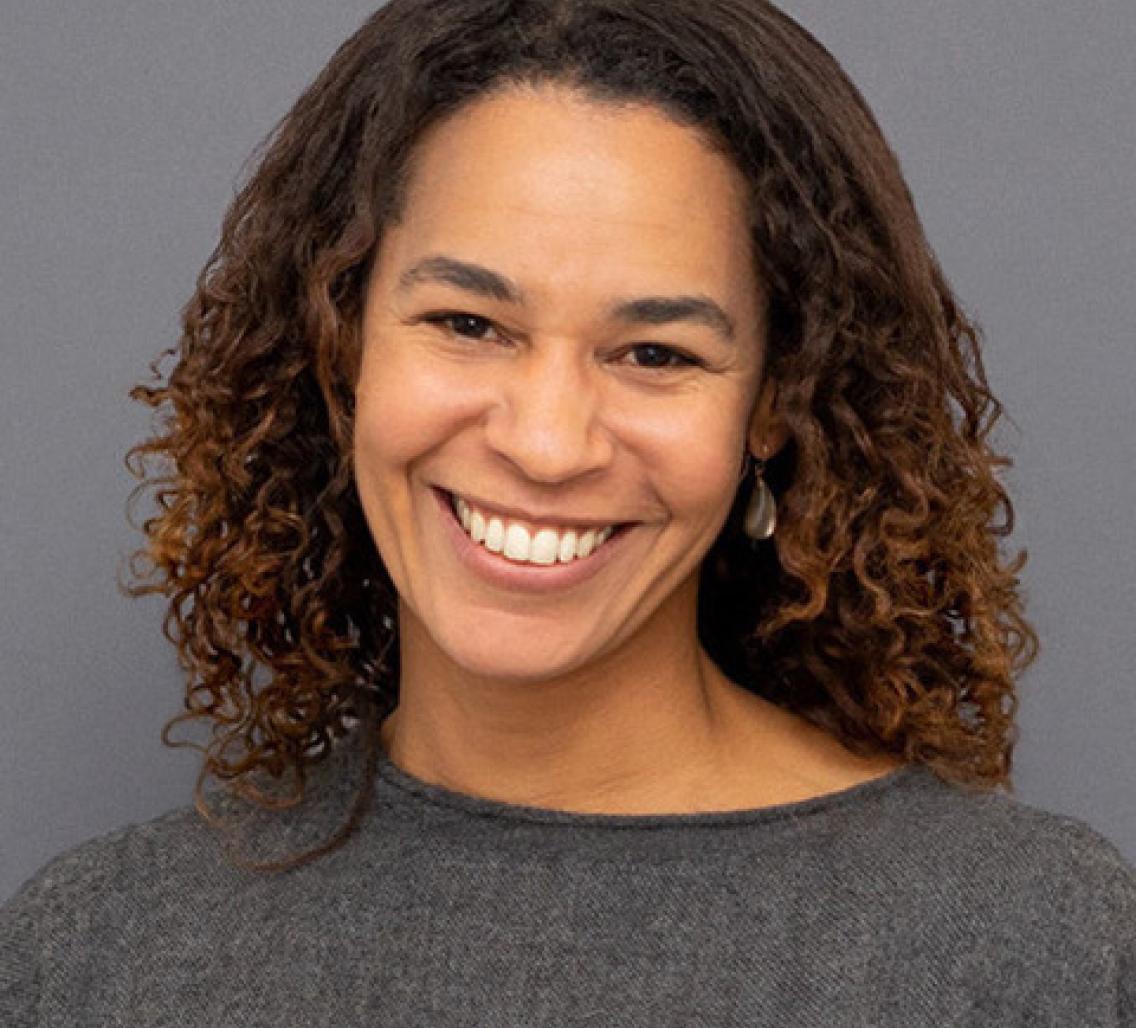Event Details:
Hosted by Akshay Jagadeesh
Co-hosted by Stanford Department of Psychiatry and Behavioral Sciences

Wu Tsai Neuro's weekly seminar series is being held virtually during the spring quarter. We hope to be able to bring the community together for in-person seminars again in the fall.
Community members interested in meeting with this week's speaker should contact host Akshay Jagadeesh.
Co-hosted by Stanford Department of Psychiatry and Behavioral Sciences.
Catherine Hartley
Associate Professor of Psychology and Neural Science
New York University
Catherine Hartley is an Associate Professor of Psychology and Neural Science at New York University. She received her B.S. in Symbolic Systems from Stanford University and her PhD in Psychology from New York University. She conducted her postdoctoral training at the Sackler Institute for Developmental Psychobiology at Weill Cornell Medicine. Her research focuses on characterizing the changes in cognitive representations and computations that inform learning and decision-making across development, and how dynamic changes in brain circuits give rise to these functions. A central goal of her research is to understand the adaptive nature of learning and decision making at different developmental stages, as well as how these cognitive processes contribute to psychological vulnerability or resilience.
Developing behavioral flexibility
Abstract
Throughout our lives, we rapidly acquire knowledge through experience. This knowledge is structured — it reflects regularities in our environments such as sequential relations between events, contingencies between actions and outcomes, and similarities across contexts. Across development, we exploit this structure to support the flexible pursuit of valued outcomes. In this talk, I will present studies examining at the cognitive, neural, and computational levels how the learning, memory, and decision-making processes that support or constrain adaptive behavioral flexibility change over the course of development from childhood to adulthood. I will show that development confers marked changes in the cognitive representations engaged during learning and discuss how these changes may optimize behavior for an individual’s developmental stage.